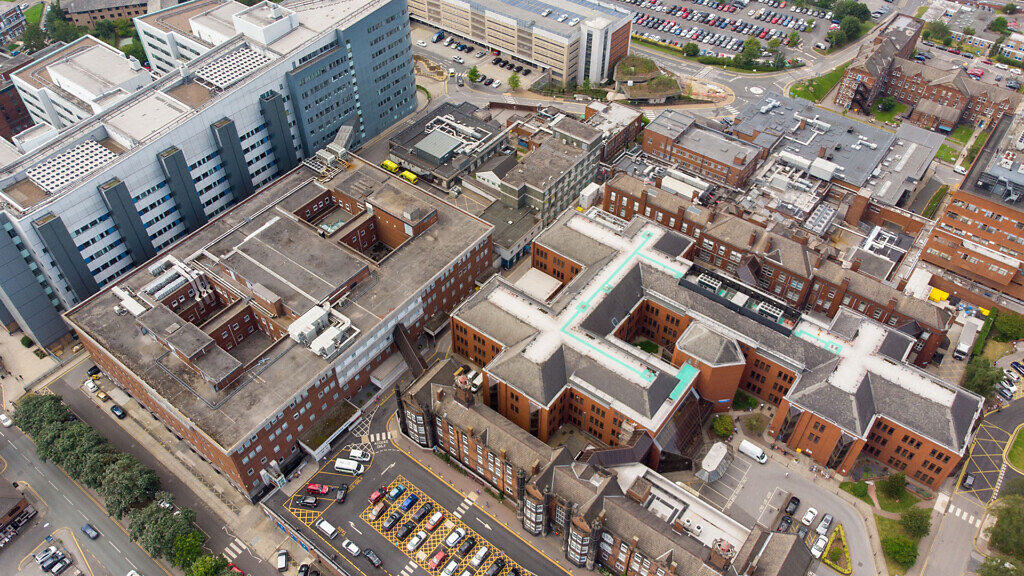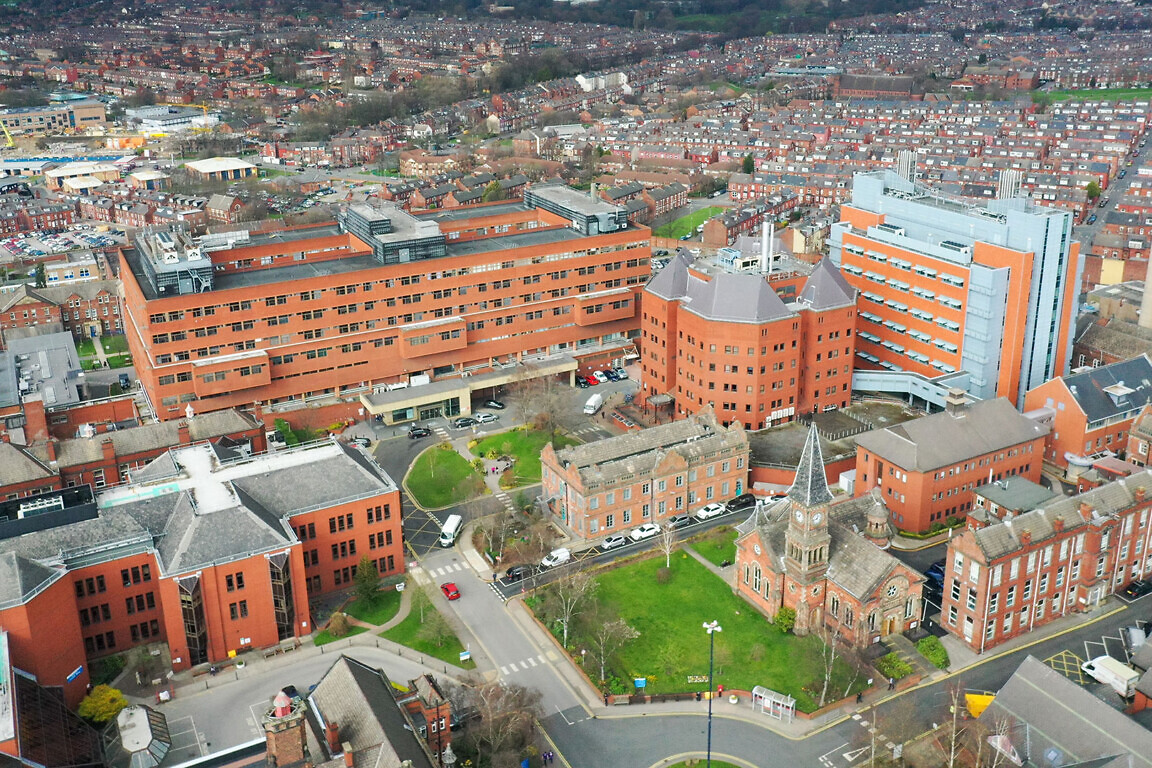The Care Quality Commission has said that maternity services at Leeds General Infirmary and St James’s University Hospital must improve immediately.
The Care Quality Commission (CQC) has told Leeds Teaching Hospitals NHS Trust that it must make immediate improvements to its maternity and neonatal services at Leeds General Infirmary and St James’s University Hospital, following an unannounced inspection in December and January.
As Healthcare Today reported in. January, there were at least 56 cases of stillbirths or neonatal deaths as well as two maternity deaths between January 2019 and July 2024. At the time, families were calling for an independent review into Leeds Teaching Hospitals NHS Trust, specifically for an independent, judge-led enquiry to help improve maternity safety.
CQC inspected maternity and neonatal services at both hospitals to follow up on concerns received from whistle-blowers, people using the services and their families about the quality of care being delivered.
Following this inspection, CQC issued a warning notice to focus the trust’s attention on making specific improvements in maternity services at both hospitals, to ensure there are safe staffing levels to meet people’s needs.
“Prior to our visit, we had received a number of concerns from staff, people using the services and their families about the quality of care being delivered, including staff shortages in maternity at both hospitals,” said Ann Ford, CQC’s director of operations in the north.
“During the inspection, the concerns were substantiated, and this posed a significant risk to the safety of women, people using these services, and their babies as the staff shortages impacted the timeliness of the care and support they received,” she continued.

Too many breaches
CQC also found breaches to regulations in maternity services related to learning following incidents, risk management, safe environment, infection prevention and control, medicines management and management processes.
Breaches were also found in neonatal services relating to risk management, safe environment, infection prevention and control, medicines management and staffing.
CQC has told the trust to submit a plan showing what action it is taking in response to these concerns. CQC will continue to monitor the trust to ensure these improvements are made and people are safe while it happens.
Maternity services at both hospitals have declined from good to inadequate overall and neonatal services at both hospitals have been rated as requires improvement overall.
In both maternity services, inspectors found that staff did not always have meaningful interactions with the people they cared for. They were mostly task-orientated due to the time pressures created by low staffing.
The environment was not always safe for people. Some areas were dirty which could put people at risk of infection.
Staff were reluctant to raise concerns as they felt the trust had a blame culture rather than a learning culture. This impacted on the quality of care people were receiving.
Medicines were not always stored or managed safely to make sure that people were not at risk of harm.
Finally, staff understood the risks to people as they moved through different services, however, records weren’t always completed showing how those risks were assessed.
“These findings are pretty conclusive and will understandably cause significant anxiety for families,” said Katie Warner, associate solicitor at Irwin Mitchell in Leeds.
“This is something that families across the region have been telling us for a long time and while it is good to see the CQC finally recognising these issues, for many it has come far too late. Urgent action is now needed to ensure the safety of everyone going through pregnancy and childbirth in Leeds,” said Matthew Westlake, medical negligence partner at Leigh Day in Leeds.
Plan in place
Responding to the inspections, Phil Wood, chief executive of the Trust, said that his priority is to make sure that the Trust urgently takes action to deliver the improvements that are needed.
He admitted that the Trust is currently 11 midwives short of the nationally recommended target of 367 and that the Trust is actively recruiting to meet this standard.
“We deliver more than 8,500 babies each year and the vast majority of those are safe and positive experiences for our families. But we recognise that’s not the experience of all families. The loss of any baby is a tragedy, and I am extremely sorry to the families who have lost their babies when receiving care in our hospitals,” he said.
“We have a robust plan in place, with the support of NHS England, that will enable us to continue to improve and deliver high-quality safe care for the people of Leeds and beyond. We’ve already set up a maternity and neonatal improvement programme and are establishing a programme board which will have an independent chair and include people who have used our maternity and neonatal services, and staff. This board will be focused on transforming our culture and leadership, providing safe and compassionate care for families, listening to staff and patients, and understanding the needs of our local communities,” he added.



